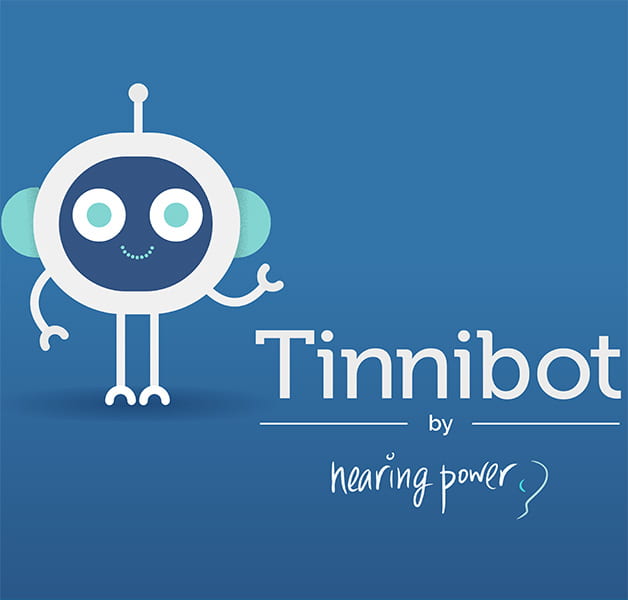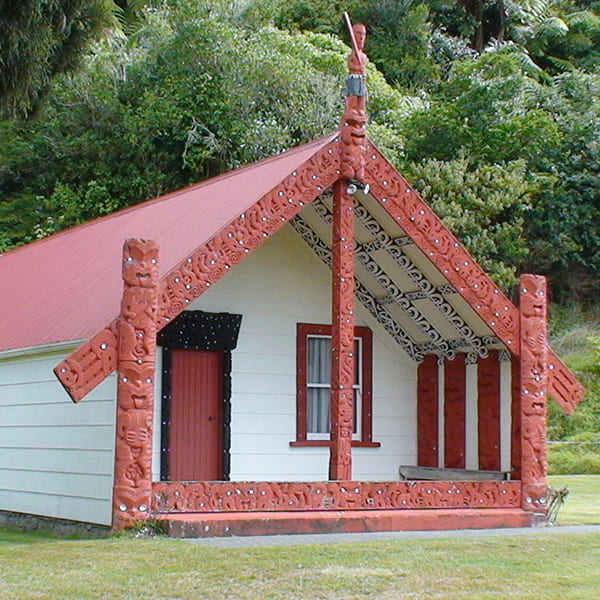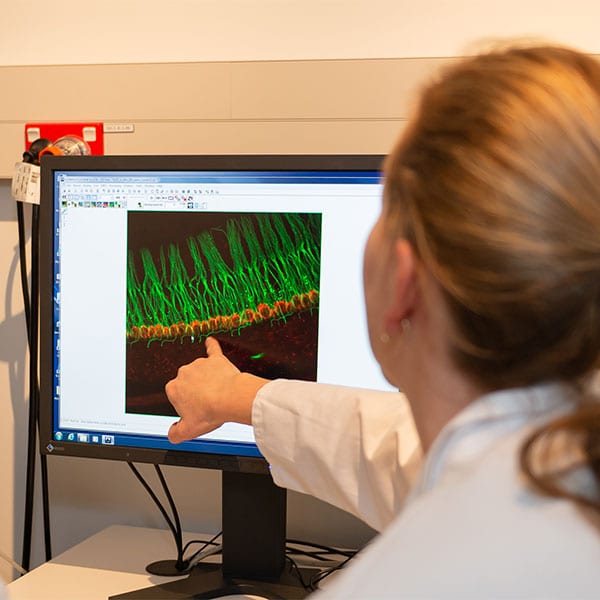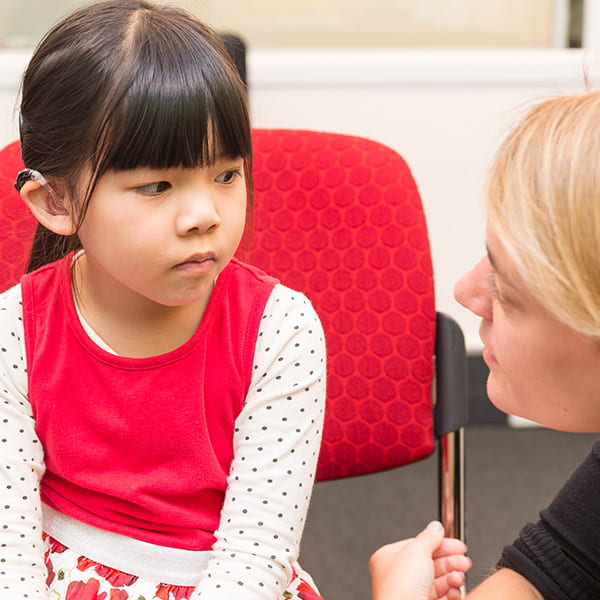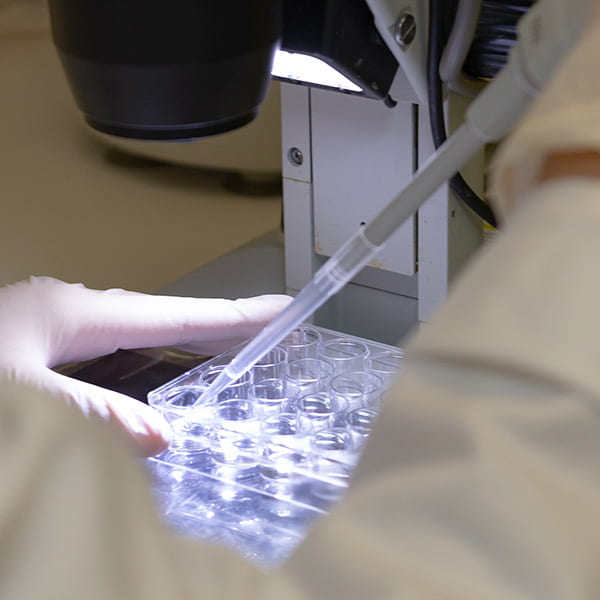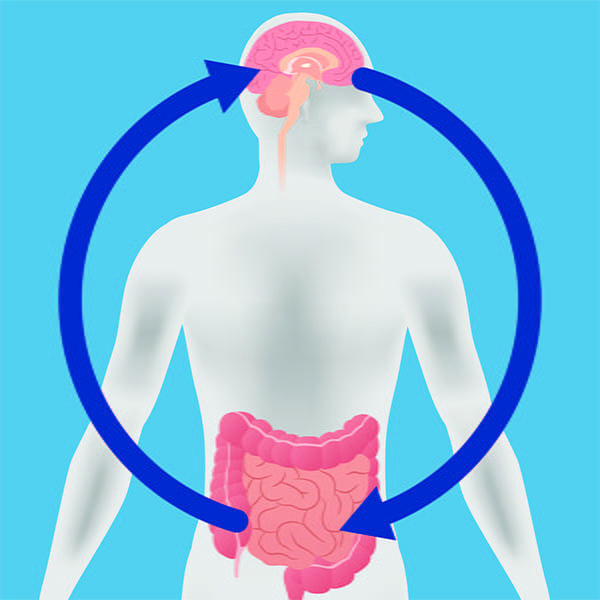Previously awarded grants – 2019
Project/Explorer Grants
Finding novel targets to protect auditory synapses.
Dr Haruna Suzuki-Kerr
Chat-bot therapy – does it work for tinnitus sufferers? $40,464 for 1 year
PI: Dr Michael Maslin, University of Auckland
AI’s: Dr Fabrice Bardy, Professor. Suzanne Purdy, University of Auckland
Tinnitus is commonly described as a ringing in the ears. Tinnitus is common, and can increase the risk of anxiety and depression. Research has demonstrated that challenging negative thoughts using cognitive behavioural therapy (CBT) delivered through the internet can help sufferers better manage their tinnitus. As the need for mental health services surpasses the availability, people in distress can reach out online to “chatbots” designed to provide CBT. This project aims to investigate the benefit of human support through video conferencing in addition to the recently developed engaging conversational agent or chatbot called “Tinnibot”.
Exploring a community-focussed hearing-care service for older Māori – $42,300 for 2 years
PI: Dr Ravi Reddy, Massey University
AI’s: Ms Cynthia Brown-Mendes, Ms Mani Kaur, The Hearing Association, Auckland Inc, Prof Peter Thorne, Associate Professor David Welch, University of Auckland, Dr Bill Keith, The Hearing Association, Auckland Inc.
There is limited information related to hearing-health outcomes about Māori communities in New Zealand. The aim of this research is to assess the benefits, feasibility, acceptability and appropriateness of a community-focused hearing-care services for older (>50yrs) Māori. The intended outcome is to provide evidence-based findings to support decision-making about service delivery strategies and approaches that would improve or enhance uptake and effectiveness of hearing-care services for Māori communities.
Finding novel targets to protect auditory synapses – $48,176 for 1 year
(A project co-funded with the Auckland Medical Research Foundation)
PI: Dr Haruna Suzuki-Kerr, University of Auckland
AI’s: Associate Professor Srdjan Vlajkovic, Prof. Peter Thorne, Dr Shelly CY Lin, University of Auckland
Hearing loss is a global problem; in New Zealand, 880,000 people are estimated to be living with some degree of hearing loss in 2016. Recent research suggested the loss of communication between cells that detect sound and auditory neurons, to be the major underlying cause of hearing loss. We have hypothesis that a group of ATP-receptor proteins are important for maintaining these connections between inner ear cells. We will test this hypothesis, in hope to identify these proteins as novel therapeutic targets that can prevent the loss of synaptic connections in the cochlea, and even re-establish the sense of hearing.
Testing the teachers. What do they know about children with hearing loss – $61,731 for 2 years.
PI: Associate Professor Holly Teagle, University of Auckland
AI: Dr Areej Asad
Several factors influence the inclusion of children with mild to severe hearing loss at mainstreamed school environments and their overall academic outcomes. Questionnaire and focus group interview will be used to gain better understanding of teachers’ knowledge, perception, confidence, challenges and barriers in educating children with hearing loss (CWHL) who have speech and language difficulties. Teachers may have not received any training to work with CWHL and may have low confidence in teaching this population. This highlight the need to have a comprehensive support system for teachers and CWHL in order to manage the gap in teachers’ knowledge and promote successful inclusion for children.
Insights into hearing loss through a metabolomics approach – $67,045 for 1 year
PI: Dr Ravindra Telang, University of Auckland
AI’s: Dr Haruna Suzuki-Kerr, Dr Shelly Lin, Professor Peter Thorne, Associate Professor Srdjan Vlajkovic, University of Auckland
Noise induced hearing loss is a significant problem in the world today and despite being widely researched the fundamental mechanisms are not clear. Metabolomics is an emerging technology, which is highly sensitive in detecting complex biochemical changes occurring in an organ under various conditions. This powerful technique is not yet properly utilised in the field of auditory neuroscience. By examining the chemical changes that take place in our inner ear following noise induced stress, we hope to better understand how excessive noise can cause hearing loss and how we may be able to prevent it in future therapies. The outcome of this study can help us identify potential biomarkers from the diagnosis perspective.
The gut-inner ear axis: on the road to discovery – $69,844 for 1 year
PI: Associate Professor Srdjan Vlajkovic, University of Auckland
AI’s: Prof. Peter Thorne, Dr Ravindra Telang
It is conceivable that germs in our gut communicate with our brain and sensory systems and alter their function. Whilst the gut-brain axis has already been established in the scientific literature, the links between the gut and the inner ear are still speculative. Our key hypothesis is that the healthy gut is required for the maintenance of inner ear function, whilst the disease of the gastrointestinal system can induce chronic inflammation in the inner ear and thus contribute to hearing loss. This study will present a novel approach to demonstrate an important and relevant link between these two organ systems..
Travel grants
Alehandrea Manuel
To travel to Barcelona, Spain for participation in the Decolonizing Knowledge and Power Summer School
A/P Srdjan Vlajkovic
Participation in the 56th Inner Ear Biology Workshop, Padova, Italy
Zay Melville
Attending/presenting at the NOTSA (Neuro-Otology Society of Australia) annual conference and training day, Melbourne, Australia
A/P Holly Teagle
To attend and present as an invited speaker at the American Speech-Language-Hearing Convention and the Maximizing Performance in Cochlear Implant Recipients conference in the United States
A/P Yiwen Zheng
To attend the 1st NZ-China Non Communicable Disease Research Cooperation Forum and AWCBR, Queenstown, New Zealand.
A/P Paul Teal
To support participation in Mechanics of Hearing 2020, Copenhagen, Denmark
Ellen Giles
To present poster which has been accepted at the CI2020 International conference, Orlando, Florida, USA
Caroline Selvaratnam
To attend and present at the CI2020 International Conference on Cochlear Implants, Orlando, Florida, USA
Natasha Gallardo
To attend and present the Listen Up report at the International Federation of Hard of Hearing People conference, Budapest, Hungary.
